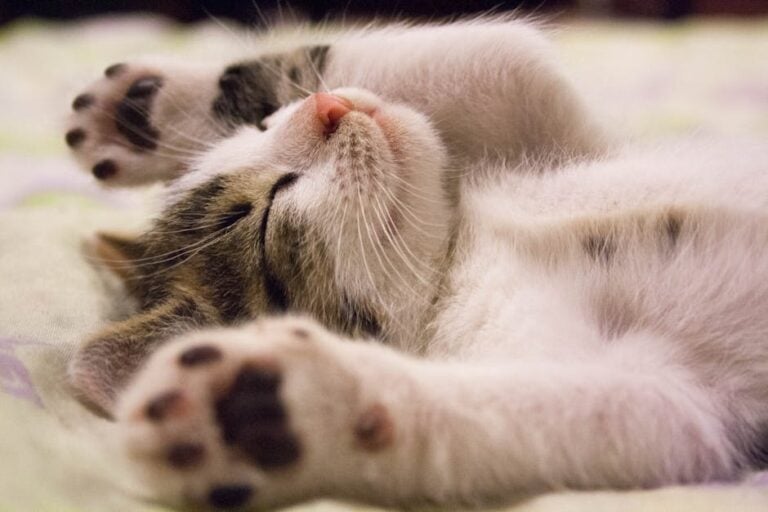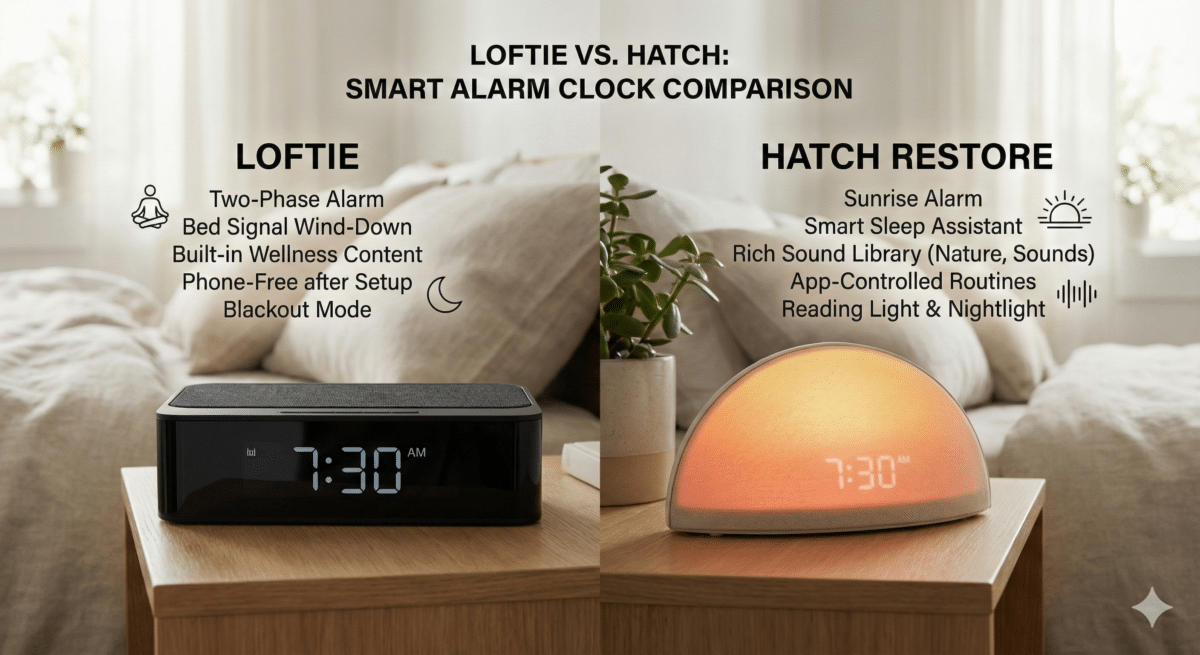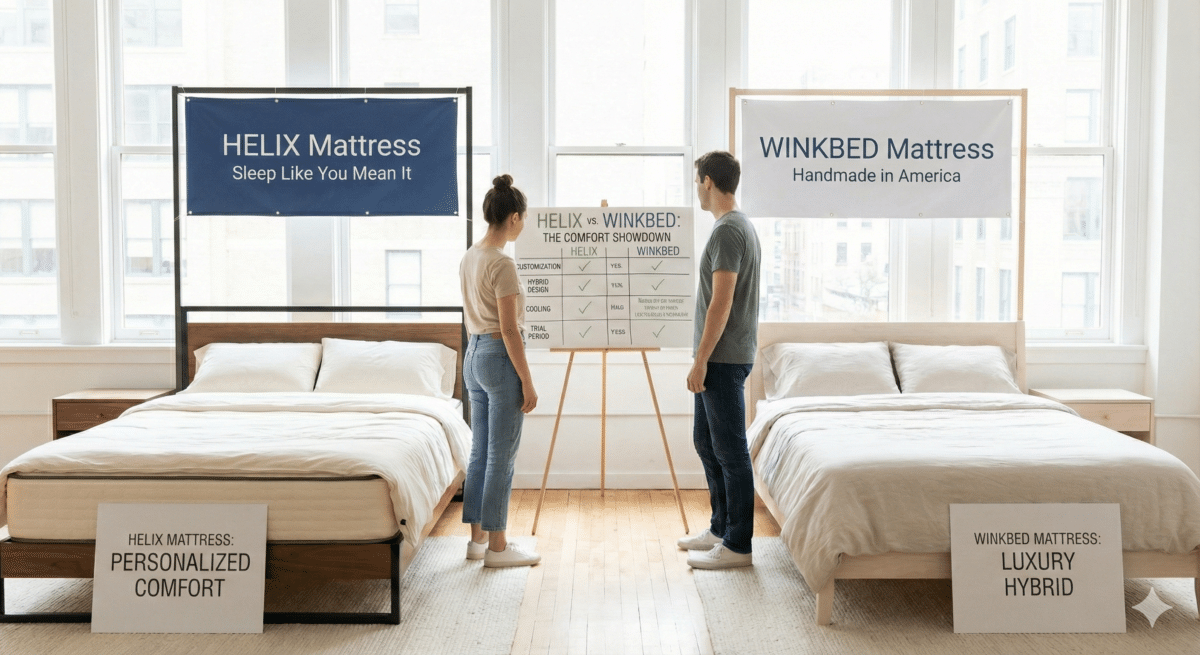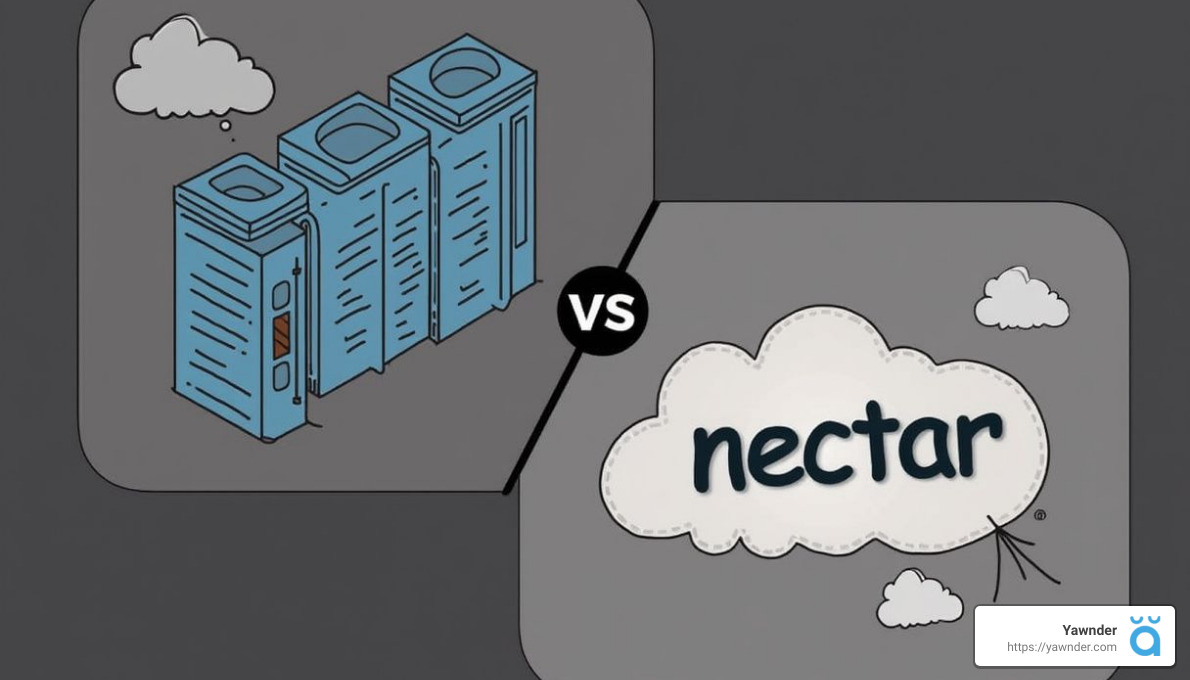Cats’ Stunning Sleep Secrets: Why Your Cat Snoozes So Much
Have you ever wondered why your cat seems to spend most of its day sleeping? The answer is both fascinating and rooted in their biology. On average, cats sleep between 12 to 20 hours a day, with much of that time spent in short, restful snoozes. To understand the nuances of their sleep patterns, it’s essential to explore the reasons behind their extensive snoozing habits.
The Evolutionary Roots of Cat Sleep
Understanding why cats sleep so much requires a look back in time. Cats are predatory beings, a trait inherited from their wild ancestors, who needed to conserve energy to hunt effectively.
Predatory Instincts
Cats are obligate carnivores, which means they thrive on a high-protein diet. This predatory instinct has been honed over thousands of years, allowing them to master the art of hunting. It’s estimated that cats have contributed to the extinction of multiple species due to their hunting prowess! To be effective hunters, they must conserve energy for those explosive bursts of movement. This is where ample sleep comes into play.
Energy Conservation
Unlike humans, who can sustain longer periods of activity, cats excel in short, high-energy bursts, which require significant energy reserves. Their sleep aids in building this energy, making them prepared for the next hunt or playful romp. After indulging in a protein-rich meal, cats often experience a surge of the amino acid tryptophan, promoting relaxation and sleepiness.
Crepuscular Activity
Cats are crepuscular animals, meaning they are most active at dawn and dusk. This behavior mirrors their ancestors, who thrived during twilight hours when prey was plentiful. If you find your feline friend energetically dashing around your home during early mornings or late evenings, that’s perfectly normal!
Sleep Needs by Life Stage
Not all cats sleep the same amount. Different life stages dictate varying sleep requirements.
Kittens
Kittens are bundles of energy requiring substantial sleep to support their rapid development. These tiny creatures can snooze for up to 20 hours a day! This ample rest fosters physical growth, brain development, and muscle strength.
Adolescent Cats
As kittens transition into adolescence, usually between six months to a year, their sleep patterns change. They typically sleep around 16 to 18 hours a day. Although they may be more active, rest remains crucial for their ongoing development.
Adult Cats
Adults, aged one to seven years, generally clock around 12 to 16 hours of sleep each day. Activity levels influence these patterns; a playful cat may need additional rest to recuperate between energetic sessions.
Senior Cats
Senior cats tend to sleep more than their younger counterparts, with some snoozing up to 20 hours daily. Age-related health issues and reduced mobility often contribute to their increased need for sleep.
Understanding Why Cats Sleep So Much
Now that we’ve examined sleep duration, let’s dive into the reasons why cats sleep so extensively.
Conserving Energy for Hunting
Sleeping enables cats to conserve energy for essential activities such as hunting and playing. Even domestic cats retain these instincts, needing to rest for their frequent bursts of energy when chasing after toys or each other.
The Art of Catnaps
Cats are notorious for their unique sleeping patterns characterized by catnaps. These short, frequent rests—often lasting about 15 to 30 minutes—allow for quick recuperation without entering deep sleep. Did you know that three-fourths of a typical cat’s sleep consists of light, almost-waking rest known as slow-wave sleep (SWS)?
Addressing Boredom and Stress
Cats require mental stimulation to stay engaged. A lack of activities can result in boredom-induced lethargy. If your cat isn’t receiving the necessary mental and physical challenges—like interactive toys or climbing spaces—they may resort to sleep as a form of entertainment. Stress or environmental changes, such as a new family member or shifting furniture, can also cause cats to sleep excessively.
Health Matters
Certain health issues can induce increased sleepiness in cats. Conditions like heart disease, various infections, or even arthritis may cause your cat to sleep more than usual. If you notice sudden changes in their sleeping habits or behavior, seeking veterinary consultation is advisable to rule out any underlying health concerns.
The Healing Power of Sleep
Sleep serves more than just a basic survival function; it plays a critical role in maintaining your cat’s physical and mental well-being. Particularly in kittens, sleep enhances growth hormone release, which is vital for their development. For adult and senior cats, quality sleep is crucial for body restoration, immune function, and even emotional stability.
How You Can Support Your Cat’s Sleep
Creating a conducive sleep environment can significantly enhance your cat’s sleep quality. Make sure they have a secure, quiet, and comfortable sleeping area. Additionally, maintain a consistent routine to promote predictability in their day. Regular playtime and mental enrichment activities can also help keep your cat active and engaged, reducing the need for excessive sleep due to boredom.
Conclusion
Understanding why cats sleep so much can shed light on their overall health and well-being. Their unique sleep habits are rooted in evolutionary biology, characterized by energy conservation, crepuscular behavior, and specific needs at different life stages.
Monitoring your cat’s sleep patterns serves as a vital component of ensuring their health. If you observe changes in their sleep or behavior, consulting a veterinarian is essential to prevent underlying issues. By providing a nurturing environment and stimulating activities, you can help your feline friend achieve quality rest, leading to a healthier, happier life. Always remember: your kitty is not just snoozing; they are engaging in vital self-care!


















